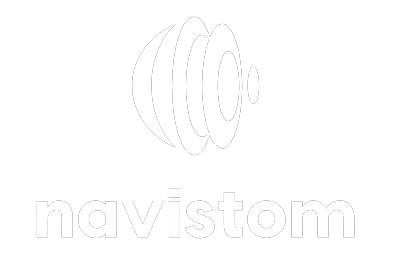Almost all businesses use some type of employment law. Employment law is the space of law that governs the employer-employee relationship. Therefore, if the business has more than one worker, then the business possibly uses employement law This space is made up of each state and federal laws and includes many alternative subjects with the common goal to shield workers’ rights. For workers, these laws work to:
- Stop discrimination
- Promote health and safety
- Establish a minimum needed level for economic support
- stop work disruption because of disputes between labour and management
It is the section of laws that governs the connections between a worker and the leader, as well as the rights and responsibilities of each party. It helps to confirm that a workplace is safe and applicable to work in, govern the hours that a worker can work, and verify the wages that a worker will receive.
How it is necessary
Employment law is intended to confirm that each party in an exceedingly business gets treated fairly and ethically, which might facilities to stay a business running with efficiency. If each worker understands and receives what their rights and obligations are, they will be much more required in certain situations, such as in a case of salary misclassification.
worker law can even facilitate to prevent work disruptions between staff and management by setting standards to manipulate the work. It can mitigate issues that may arise in the workplace.
Wages and benefits
Wages and job advantages are two of the foremost necessary employment-related concerns for several staff
In addition to paying staff hourly wages or annual salaries, several employers provide their staff access to benefits such as health and dental insurance, paid time off, and retirement plans. Workers ’law covers more aspects of an employee’s compensation and advantages to the employers and staff.
Besides health and safety, wages advantages, and discrimination, employment law additionally often focuses on labour relations, social compensation, family and medical leave, employee contracts, immigration, and even hiring methods.
Certain industries might have further considerations for few aspects of employment law.


























